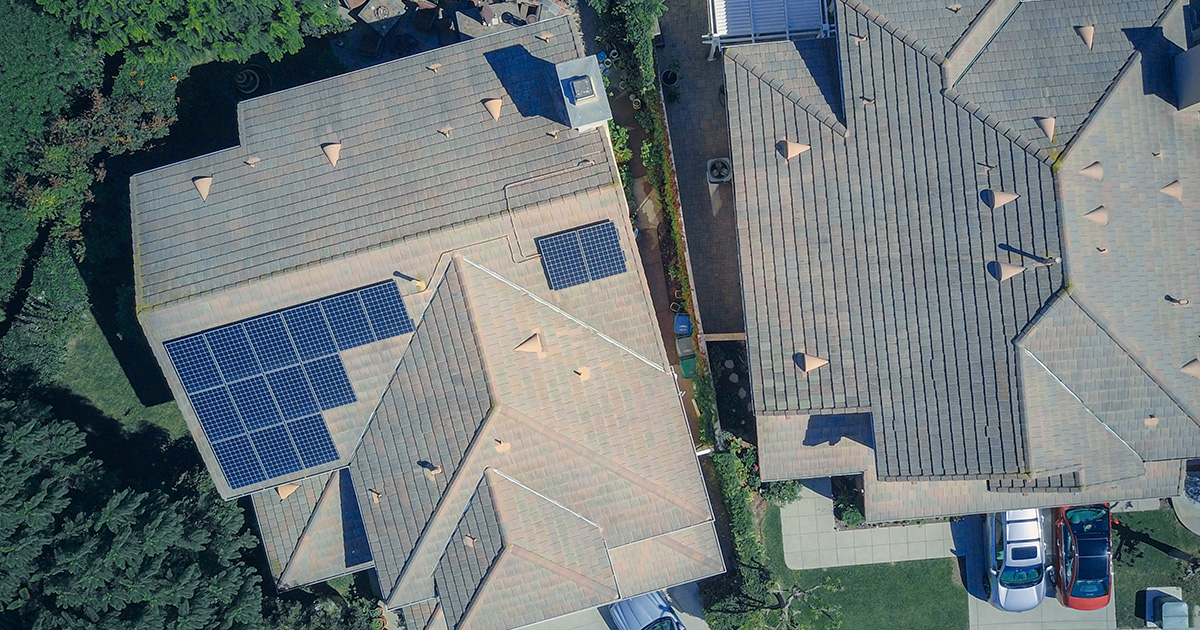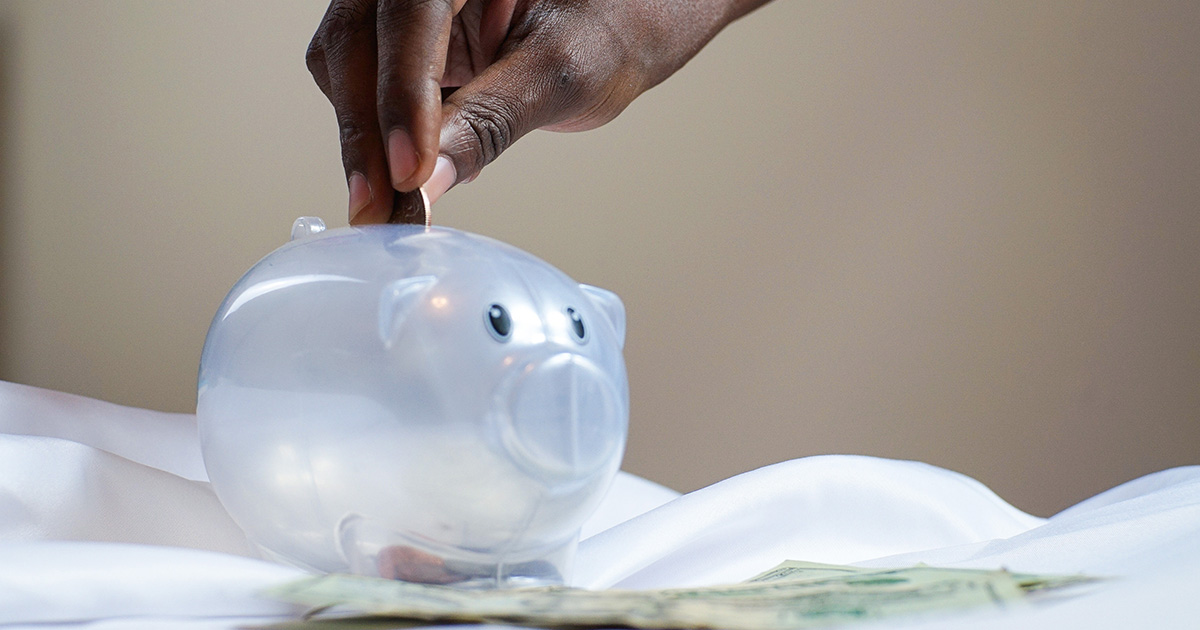Investing in Solar: The Advantages for Florida Homeowners
Florida, known as the Sunshine State, boasts stunning weather, sandy beaches, and a lively culture. With over 230 sun-filled days per year, it’s not surprising
FL License No. CCC1334089/CGC1532627
(Available 24/7)

Florida, known as the Sunshine State, boasts stunning weather, sandy beaches, and a lively culture. With over 230 sun-filled days per year, it’s not surprising that the state has become a prime location for solar energy investments. More homeowners are taking advantage of the benefits of solar and switching to solar energy every year in Florida’s Gulf Coast. As a homeowner in Florida, you might be considering if installing solar panels is worth the investment. In this article, we’ll explore the benefits of going solar and how it can be advantageous for you as a Florida homeowner.

One of the most enticing advantages of investing in solar panels is the potential to lower your energy bills. Solar energy can significantly decrease your reliance on traditional electricity sources, which often have fluctuating costs. FPL announced they will increase their energy rates by 10.3% for homeowners in Florida’s peninsula starting in April.
Since the electricity expenses are higher than the national average, solar energy can provide substantial long-term savings to residents of Florida. Furthermore, as solar technology continues to advance, the price of solar panels is dropping, making the initial investment more cost-effective for homeowners.
Houses with solar panels are becoming more appealing to potential buyers, particularly in a state like Florida where sunlight is plentiful. In an article by Zillow, homes with solar-energy systems sold for 4.1% more on average than comparable homes without solar power. The reason these homes sell faster is because prospective buyers know they are automatically saving money on their energy as soon as they move in. By investing in solar panels, you’re not only reducing energy bills but also potentially enhancing your property’s value.
The federal government and the state of Florida offer various incentives to motivate homeowners to invest in solar energy. The federal solar tax credit, also referred to as the Investment Tax Credit (ITC), was recently extended to allow homeowners to deduct 30% of the cost of installing a solar energy system from their federal taxes until the end of 2032.
Florida also provides state-level incentives, such as a 100% property tax exemption for solar installations, meaning when your property value goes up, you will not pay additional property tax because of the solar panel installation. Net metering policies also enable homeowners to sell excess solar-generated electricity back to the grid. For more information, please contact a tax professional for any and all information pertaining to tax advice.

Investing in solar energy is an excellent way to reduce your environmental impact and promote a cleaner environment. Solar panels create electricity without producing greenhouse gasses, such as carbon dioxide (CO2), which are the main drivers of climate change.
Conventional energy sources like coal, oil, and natural gas emit considerable amounts of CO2 and other harmful emissions when combusted for electricity production. By utilizing solar panels, you decrease the demand for fossil fuels, leading to reduced greenhouse gas emissions.
In addition, solar panel systems have a relatively small environmental impact compared to fossil fuel-based power plants. While the production and installation of solar panels do require some resources and energy, the overall impact is significantly lower than that of traditional power plants.
Furthermore, solar panels have a lengthy lifespan, often lasting 25-30 years or more, allowing them to generate clean power for an extended period with minimal maintenance. By opting for solar energy, you’re actively taking part in combating climate change and supporting a more sustainable future.
By generating your electricity with solar panels, you can more effectively predict and control your energy costs. Solar energy production is not influenced by fluctuating fuel prices or utility rate hikes, making it simpler to budget and plan for energy expenditures.
Solar panel systems, when combined with battery storage options, can supply a dependable source of electricity during grid failures. This ensures that your home continues to operate during extreme weather events or unforeseen power outages, providing increased peace of mind and security.
Solar panel systems can occasionally produce more electricity than your home requires, particularly during peak sunlight hours. With net metering policies in place, you can sell this surplus electricity back to the grid, earning credits on your energy bill or even generating extra income.
Solar panel systems can be tailored to meet your specific energy requirements, and they can be expanded over time as your energy consumption changes. This adaptability allows you to maintain energy independence even as your household or lifestyle evolves.
Investing in solar energy presents numerous perks for Florida homeowners, ranging from financial savings to increased property value and environmental benefits. As solar technology continues to evolve, and state and federal incentives make solar panels more accessible, there’s never been a better time to think about making the switch to clean, renewable solar energy.
Florida, known as the Sunshine State, boasts stunning weather, sandy beaches, and a lively culture. With over 230 sun-filled days per year, it’s not surprising
Residing on Florida’s picturesque Gulf Coast offers the perfect combination of sun-soaked days, sandy beaches, and a relaxed lifestyle. However, this region is also susceptible
Residing along the Gulf Coast of Florida presents a unique set of challenges, including scorching heat, high humidity, and the ever-present danger of hurricanes and
Copyright © 2025 Nova Construction and Roofing.
Error: Contact form not found.
Error: Contact form not found.
Error: Contact form not found.
Error: Contact form not found.
Error: Contact form not found.
Error: Contact form not found.